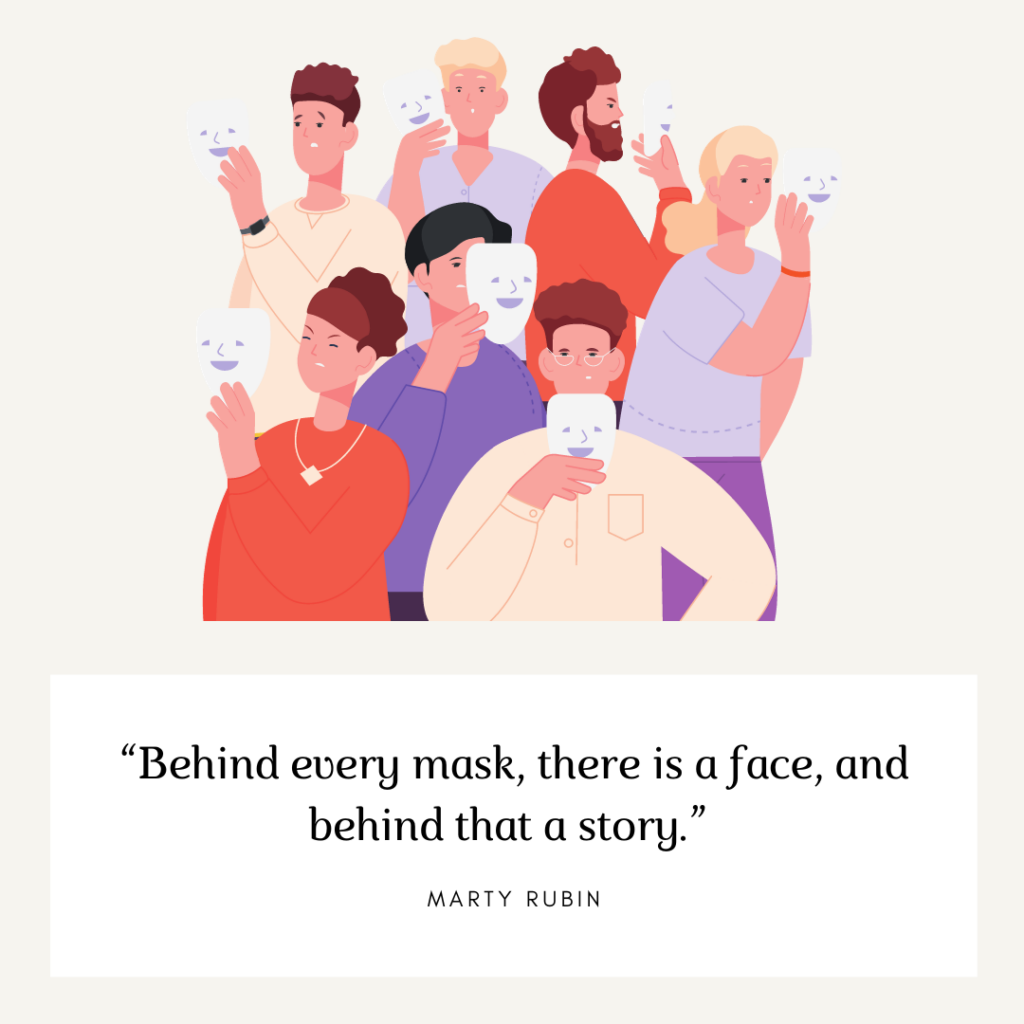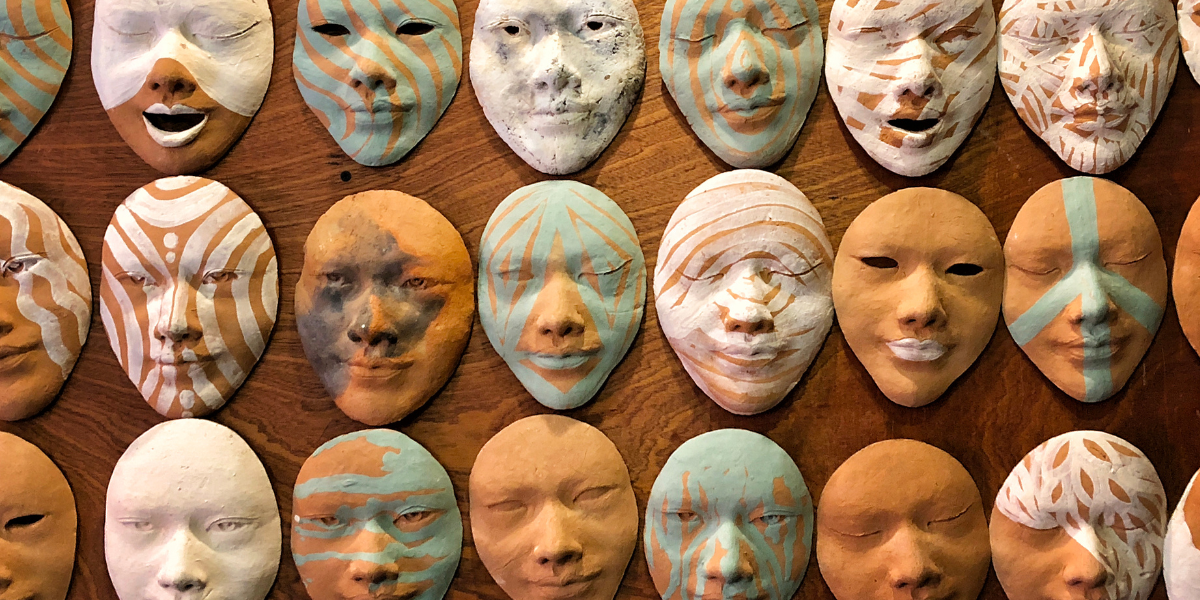“Every deep thinker is more afraid of being understood than of being misunderstood.” – Friedrich Nietzsche
Writing for me is a scenic journey. It often takes me 15 times longer to reach the core message I wish to share than if I had chosen a straightforward path. This letter is no exception — requiring two hours to crystallize these initial thoughts. I used to hide this aspect of myself, responding affirmatively when asked if I just whipped up a piece in minutes. I hid the struggle of taking so much time. Yet, such concealment only breeds shame.
Hiding the truth, whether it’s about time taken or emotions felt, prevents us from being truly seen and understood.
In this letter, I explore the intricate dance between the fear and desire of being understood, drawing from my own experiences – personally and professionally.
Understanding Masking
Masking is the act of hiding our authentic selves—our thoughts, emotions, and behaviors—to conform to societal norms. This camouflage, while often a social strategy, can become so ingrained that we start to deceive ourselves.
Some common reasons people mask …
- “I don’t want to burden others with my emotions.”
- “I’m afraid of being rejected.”
- “I don’t want others to think I’m stupid.”
- “I don’t have the energy to deal with what I may actually be feeling.”
The Impact of Masking
The energy cost of masking is immense. For those hiding mental health issues or emotional struggles, this act can exacerbate their distress. When our energy is consumed in presenting a façade, little remains for self-care.
It also hinders our connection with ourselves and others, an essential aspect of managing psychological distress.

The Path to Unmasking
Step One: Curiosity and Exploration
If you notice you’re masking, approach yourself with curiosity. Why do you mask? What has been its impact on you? Imagine what it would be like to interact without this mask.
Step Two: Experiment in Safe Spaces
Begin to unmask in the presence of a trusted friend or therapist. Share your experiences of masking and try revealing your true self in small, manageable steps. Remember, unmasking is as much about being honest with ourselves as it is with others. Check in with yourself frequently and offer yourself compassion.
Vulnerability and Connection
As Nietzsche provocatively suggests, consider which is scarier: being understood or being misunderstood? For many, misunderstanding is preferable as it maintains a safe distance. But understanding brings connection and vulnerability, along with the risk of getting hurt.
Letting Go of Armor
Are you ready to remove your protective armor? Start small. Seek moments where you can be your authentic self, and observe how it feels. The path to authenticity is not just about being seen by others, but also about truly seeing ourselves.
I invite you to reflect on these ideas and share your thoughts on social or email. How do you relate to the concept of masking and unmasking? What steps can you take towards embracing your true self?


